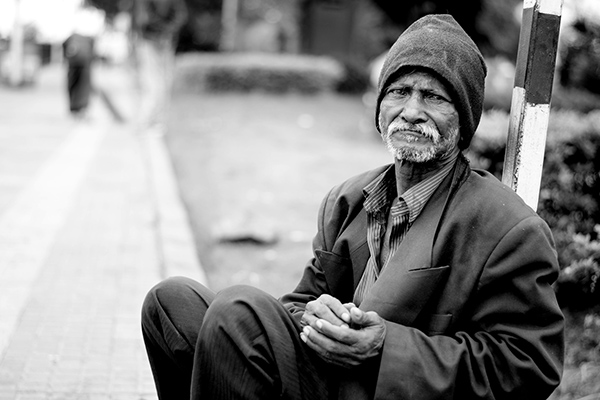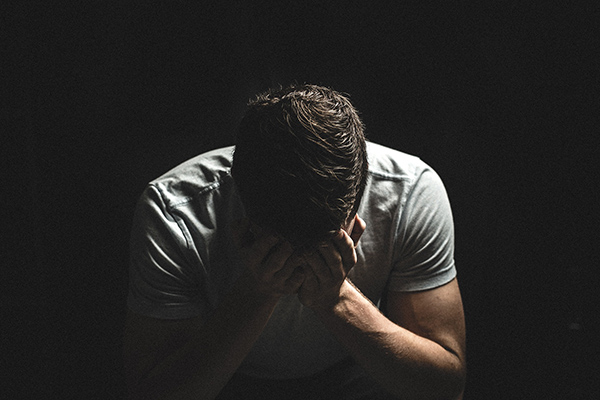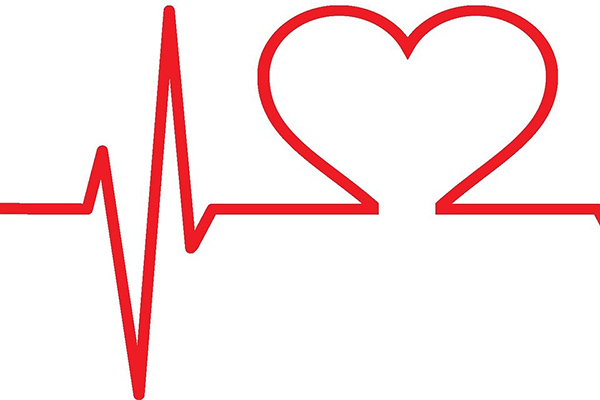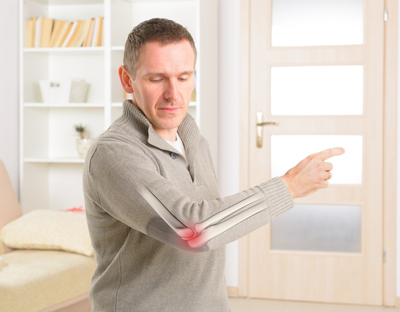Life can be a challenge for youth
Life can be a challenge for youth. Learn how to support, and where to find professional help. Listen to Jack’s interview with Warm 106.9 for helpful information.
Infectious Disease and Measles
Dr. Sharma, was interviewed on KOMO radio about infectious disease and measles. What are the symptoms of measles? Do you need a booster shot? Why is measles so dangerous? Listen to the radio clip below and learn more about this highly contagious illness.
MRSA
Dr. Sharma was interviewed on KOMO radio about MRSA (Methicillin-resistant Staphylococcus aureus). What should athletes be concerned about? What should you know before going to a health club, gym or even engaging in close contact sports? Listen to the radio clip below and learn more!
Mental Health and the Tech Industry
Chuck is interviewed on Warm 106.9 about mental health issues in the tech industry. Many challenges exist for the employees who often relocate for these jobs and don’t have a support network in place to support them in the stressful situations, long hours and competition. And it’s very often men, with the issue being that there’s some expectation that they should be tough, and not show emotion.
Mental Illness and Homelessness
Listen to Chuck’s interview on Warm 106.9 about mental illness and homelessness where he contributes to the conversation about mental health and mental illness in our city’s homeless population. We are seeing the homeless population grow in our communities in and around Seattle and many of these people may have a mental illness. Chuck shares insights of ways that we can help.
Suicide Prevention
Chuck talks with Warm 106.9 about suicide and suicide prevention. Certainly having more public conversations about suicide is going to move us forward to being better and more compassionate friends, family and coworkers to those who struggle with suicidal thoughts. Chuck brings insights and talks about the community Walks in October.
Spring Allergies
Listen to Dr. Park speak on KOMO News Radio about spring allergies.
Preventing Heart Disease
Dr. Parikh was interviewed about preventing heart disease and living a heart healthy life. Find out more by playing the radio clip below! This radio interview was played on KKNW 1150 AM, KIXI 880 AM, KQMV “Movin’ 92.5” FM and 6 KNUC 98.9 FM “The Bull”
Injuries of the Elbow
Dr. Marion was interviewed on KOMO radio about one of his specialties, injuries of the elbow. He discusses ligament injuries, Seahawk Richard Sherman’s injury, Tommy John surgery (TJS), also known as ulnar collateral ligament (UCL) reconstruction and more. Listen below.
Addressing poor air quality
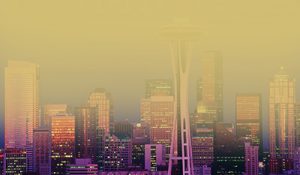 Wildfire smoke has been affecting air quality these past several days, so we asked PacMed pulmonologists, Dr. Manika Jamwal and Dr. Hina Sahi on what this means for you and your family.
Wildfire smoke has been affecting air quality these past several days, so we asked PacMed pulmonologists, Dr. Manika Jamwal and Dr. Hina Sahi on what this means for you and your family.
“For adults, especially those with underlying chronic lung conditions (i.e. asthma, COPD or other chronic lung conditions), it is best to stay indoors and avoid the outdoors and exposure to the smoke. When you are driving, remember to roll up your windows and utilize the air conditioning with the recirculation feature. In your home, if you have air conditioning, we recommend using this instead of opening your windows, especially if you can recirculate the air, versus taking from the outside. For those with chronic lung conditions, keep a close eye on any increased coughing, wheezing or shortness of breath. If these symptoms worsen, see your primary care provider or pulmonologist,” says Dr. Jamwal.
I am healthy, do I need to worry?
Even healthy individuals need to be cautious, air pollution can threaten anyone’s health. Dr. Sahi recommends patients “to be aware of how you feel on high pollution days and take steps to help protect yourself. Common symptoms that people notice include irritation of the eyes, throat and lungs. Burning eyes, cough and chest tightness are common with exposure to high levels of air pollutants. However, responses to air pollution vary greatly in people. Some people may notice chest tightness or cough, while others may not notice any effects.”
Is it safe to exercise outdoors?
Because exercise requires faster, deeper breathing, it may increase the symptoms. People with heart disease, such as angina, or lung disease, such as asthma or emphysema, may be highly sensitive to exposure to air pollution and may have symptoms when others do not. In the current setting where the AQI is in the Red Zone, avoid prolonged vigorous activity outdoors. The health effects of pollution are worsened by the deep, rapid breathing that accompanies exercise.
For patients with significant underlying lung diseases, Dr. Sahi recommends “not being outdoors and definitely not being around high traffic areas. Also, avoid any vigorous outdoor activity.”
How do we know what air quality is considered dangerous?
The Air Quality Index (AQI) is the system used to warn the public when air pollution is higher than average. The AQI tracks ozone (smog) and particle pollution (tiny particles from ash, power plants and factories, vehicle exhaust, soil dust, pollen, and other pollution), as well as other widespread air pollutants. Think of AQI as a yardstick that runs from 0 to 500. The higher the AQI value, the greater the level of air pollution and the greater the health concern. For example, an AQI value of 50 represents good air quality with little potential to affect public health. In the recent days with wildfires raging in Canada as well as the eastern cascades, the AQI has been hovering in the ‘Red Zone.’ Today’s index is measured at 189. Air pollution can harm anyone, but it can be dangerous for a lot of people, including children and teens, people with asthma and other lung diseases, anyone over 65, anyone who exercises or works outdoors, has diabetes or cardiovascular disease like high blood pressure, or has suffered a heart attack or stroke. These individuals are usually the first to feel the effects of the ozone and particle pollution, and should take extra steps to protect themselves from harm.
I see many people wearing masks, should I be wearing one?
Dr. Jamwal advises that the regular masks you are most likely seeing are not enough to protect you from the smoke. If you would like to use a mask, she recommends having it fitted by a physician to be the most effective.







